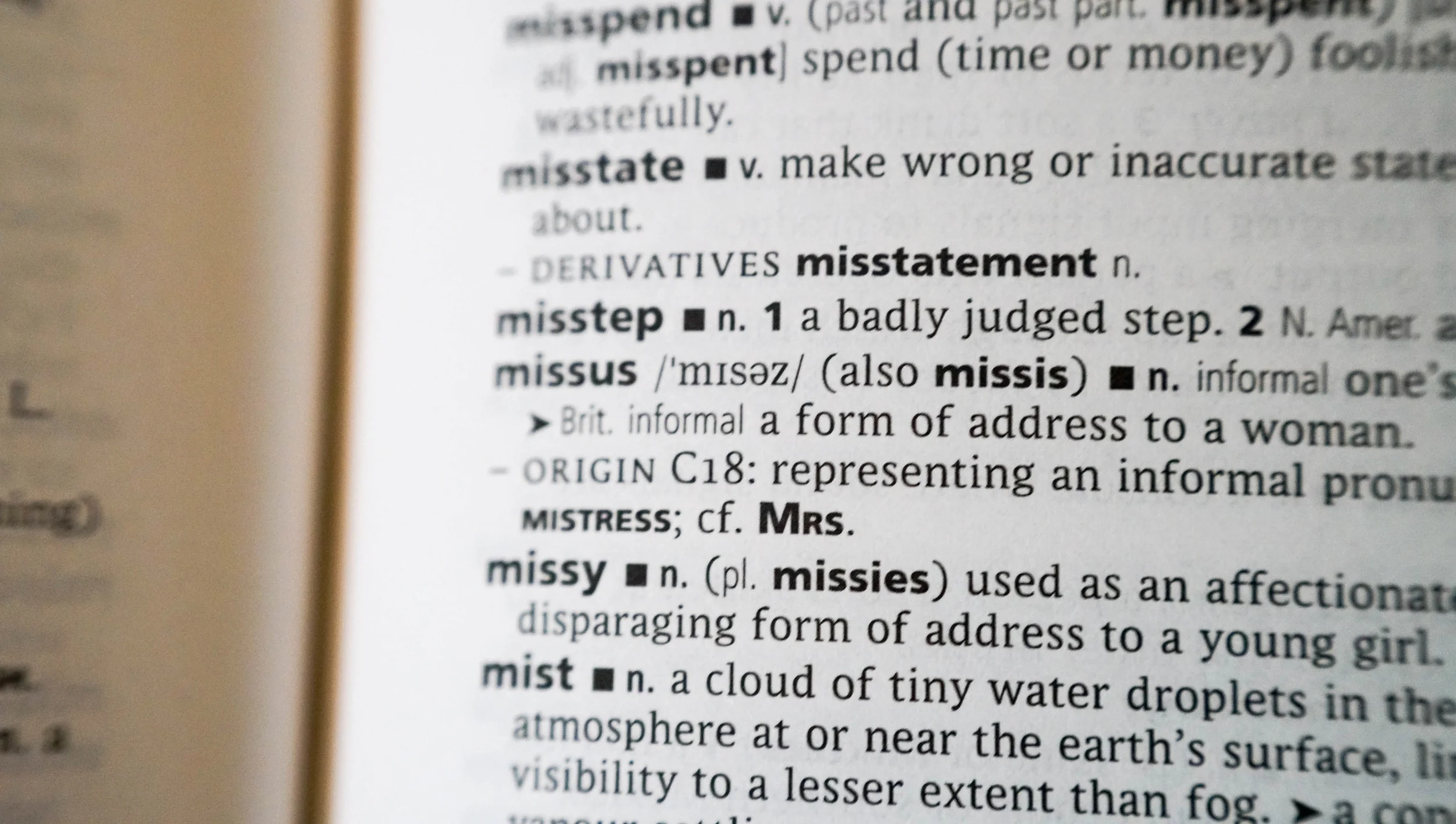Doin’ the Wonky with Words: 4 Word Study Missteps (Part 2)
In my last post I discussed briefly two wonky things we do with words: the root fallacy and the time-frame fallacy. In this post let’s discuss two other ways we throw Bible terms under the linguistic bus.
Don’t Overload the Bowl
At times my son and I go to a restaurant called Genghis Grill, where you are given a bowl to fill with culinary delights, both meats and veggies. Joshua has developed an art of piling on huge mounds of food, far more than the bowl should be able to hold. I do best when I stick to GG’s recipes, rather than just indiscriminately throwing things in the pile. If you are not careful, stuff spills out of the bowl, creating a mess and ending up on the floor.
By analogy, if we are not careful with our word studies, we can pile on, or indiscriminately throw in word meanings in a context that should not be there, creating a linguistic mess of sorts. This is called the “overload fallacy,” or if you really want to impress your friends and family with your exegetical smarts, “illegitimate totality transfer” (you’re welcome). This fallacy simply looks at the possible meanings of a given word and decides to pack all of those meanings (or 1 or 2 indiscriminately) into a particular use of the word in a passage of Scripture.
For instance, consider use of the word χάρις (charis) at Ephesians 2:8, “For by grace (charis) you are saved through faith, and this is not from yourselves, it is the gift of God” (Eph 2:8 NET). When we look at the possible meanings of the word translated “grace” here, we actually find a bunch, including graciousness, attractiveness, charm, winsomeness, favor, grace, gracious care/help, goodwill, thanks, gratitude, gift, or benefaction. Did you know charis had such a broad range of meanings in the first century? It would be a misstep, however, to read multiple meanings into a single context. What if someone doing a word study on charis in Eph. 2:8 said this?
The basic meaning here is “grace” but the word also has to do with “thanks” or “gratitude” as well as “charm.” Isn’t it wonderful that God’s forgiveness is “charming” and prompts in us “gratitude.”
Well, that is a bit of a silly example, but you get the point. Here’s the key: We can’t just pick and choose meanings to load into a context. So how do we keep from committing this fallacy? We need to discern which possible meaning the author (in this case Paul) was intending to communicate. By the way, one way we preachers commit a version of this fallacy is by simply picking the possible meaning that fits what we want to say in our sermon! That is replacing God’s words with ours (not a good idea).
Don’t be Cross-referencing Wrongly
In an earlier post I talked about the importance of using cross-references in thinking through the use of biblical words. But as we do so, we need to find cross-references, if they are available, that match the use of our word in the passage we are studying. If we mismatch contexts, that is the cross-reference fallacy.
Here’s an example. A number of years ago, a sincere, very popular Bible study teacher was explaining what it means for us to be “living stones” in 1 Pet. 2:5. The teacher’s interpretation went something like this (I am paraphrasing from memory).
Now the word for stone here is λίθος (lithos). It is the same word used for the stone in front of Jesus’ tomb at John 20:1: “Now very early on the first day of the week, while it was still dark, Mary Magdalene came to the tomb and saw that the stone had been moved away from the entrance” (NET). So what does it mean for us to be “living stones.” It means that we get out of the way so that light can shine on the resurrection of Jesus!”
I actually respect this teacher, who has been used by God in great ways to minister to people. But do you see the problem here? It is at least twofold. First, the use of λίθος in John 20 is a literal stone. A big rock. The reference to “living stones” in 1 Pet. 2 is figurative, a word picture. Second, the context of 1 Pet. 2 points to the “living stones” as participating in a bigger word picture, referring to believers as the new temple of God. In other words, we all are like building blocks that make up God’s house, with Jesus as the cornerstone of God’s dwelling place. Consequently, the interpretation that points to John 20 actually distracts from what Peter was intending to communicate. This is the cross-reference fallacy. It is true that we need to point to Jesus’ resurrection? Of course! But that is not what Peter was doing in this part of his letter. Here’s the key: words are used variously in different contexts, and we need to discern the particular use in a given context. How do we avoid this fallacy? By discerning which possible meaning an author intended based on the context, or, in this case, how a given meaning is used.
If you want to read more on word study fallacies, you can find an introductory treatment in a book by my friends, J. Scott Duvall and J. Daniel Hays, Grasping God's Word: A Hands-On Approach to Reading, Interpreting, and Applying the Bible (Zondervan, 2012 edition). For an more in depth and challenging read, with other kinds of fallacies treated as well, see D. A. Carson’s Exegetical Fallacies (Baker Academic, 1996). And if you are interested in learning more about how word meanings work, see Moises Silva’s Biblical Words and Their Meaning: An Introduction to Lexical Semantics (Zondervan, rev. ed., 2010). The latter two will stretch you but are rewarding reads. Enjoy!






